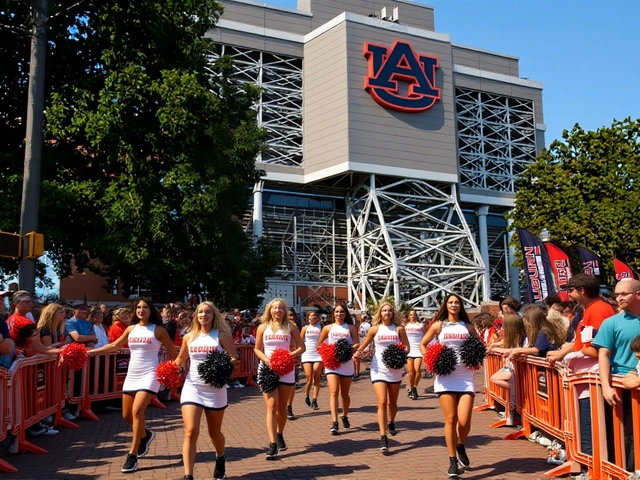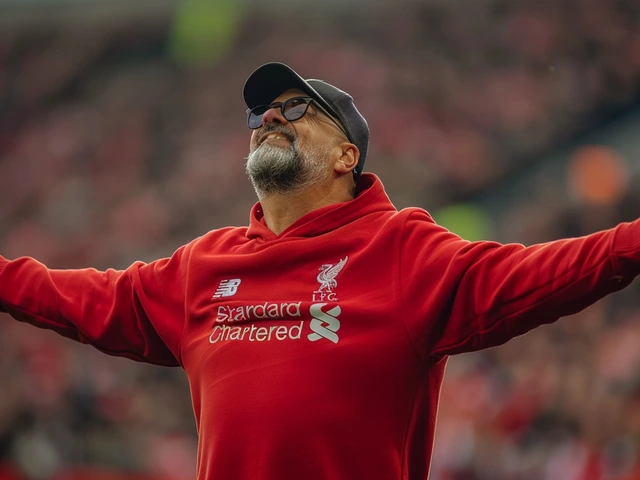Sports Recruitment Tips: Find and Sign Top Athletes Quickly
Getting the right player on board can be the difference between a trophy cabinet and a losing season. Whether you run a pro club, a college team, or a local league, the basics of sports recruitment stay the same: know what you need, scout smart, and close the deal fast.
Know Your Needs Before You Hunt
Start with a clear picture of the position you want to fill. List the skills, physical traits, and personality traits that matter most for your system. A midfielder who can press high, a quarterback with a quick release, or a striker who thrives on counter‑attacks – write those down. When you have a concrete checklist, you can filter prospects faster and avoid chasing players who don’t fit.
Talk to your coaches, review game footage, and ask senior players what’s missing on the field. Their input helps you prioritize attributes that actually translate to wins, not just hype.
Scout Smart, Not Hard
Scouting isn’t about watching every game on TV. Use data tools, local tournaments, and social media highlights to narrow down candidates. A few minutes of a player’s highlight reel can tell you if they have the speed, decision‑making, or work ethic you need.
When you find a promising name, set up a live observation. Attend a match, watch a practice session, or run a short trial. Pay attention to how the player reacts under pressure, how they communicate with teammates, and how they follow coaching instructions. Those intangible factors often separate a good player from a great one.
Don’t forget to check the player’s injury history and off‑field behavior. A clean medical report and a solid reputation in the locker room reduce risk and make negotiations smoother.
Close the Deal Like a Pro
Once you’ve identified the right fit, move quickly. Prepare a clear offer that includes salary, performance bonuses, and any development perks you can provide. Transparency builds trust – explain how the contract works and what you expect from the player.
Involve the player’s agent early, answer questions honestly, and be ready to negotiate. Small concessions, like a signing bonus or guaranteed playing time for a few games, can tip the scales in your favor.
After the contract is signed, introduce the new recruit to the team culture right away. Pair them with a mentor, run a mini‑orientation, and set short‑term goals. A smooth onboarding process helps the player adjust and start contributing faster.
Using these steps – defining the role, scouting efficiently, and sealing the deal with clear communication – you’ll boost your sports recruitment success. Remember, the best talent isn’t just about stats; it’s about fit, attitude, and the will to grow with your team.





